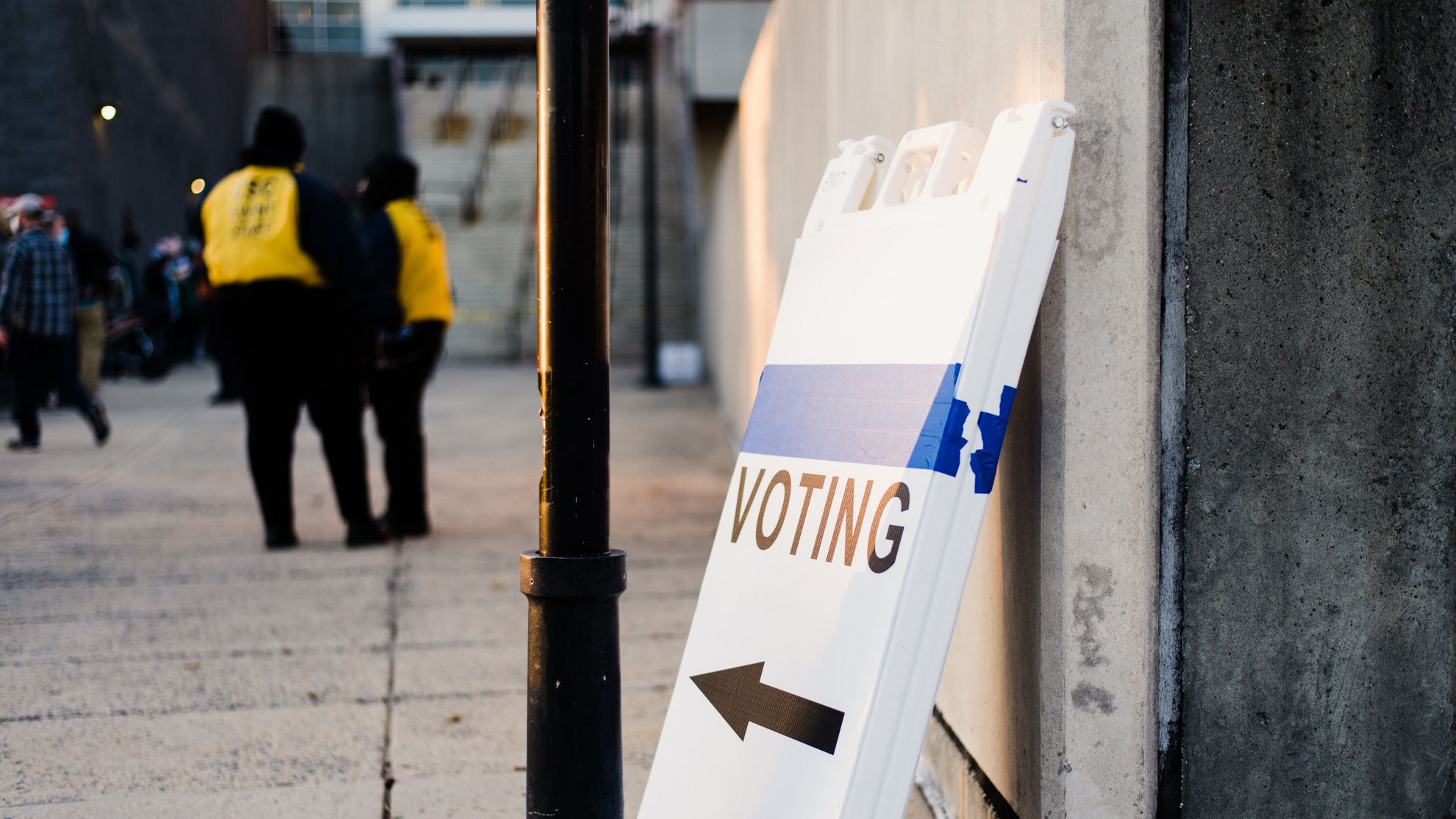Views expressed in opinion columns are the author’s own.
The United States has a one step forward, two steps back pattern when it comes to voter suppression.
It’s been an issue since the nation’s earliest days; when this country was founded, only white males who owned property were eligible to vote. The 15th Amendment officially granted Black men the right to vote in 1870, but many states continued to make it difficult for them to vote. The Voting Rights Act of 1965 and subsequent voting rights legislation made progress, but in 2013, the Supreme Court case Shelby County v. Holder gutted these efforts. The time to upend this centuries-long pattern is now. We need to make sure that states cannot easily undo progress on voter suppression.
This year, legislators in 33 states have introduced more than 160 bills to restrict voting access, including bills that would limit voting by mail, enact more stringent voter ID requirements and reduce opportunities to register to vote. For example, proposed legislation in Georgia would undo automatic voter registration and require an excuse to vote absentee. Other proposals in Georgia, Pennsylvania and Virginia would stop the use of secure ballot drop boxes, which contributed to safe and high voter turnout in 2020.
In 2021, voters should not be suppressed. Our democracy is built on fair and free elections, and these bills threaten to undermine that value.
Though elections are controlled and regulated on the state level, the Biden administration must take action. That is the only way to make change in primarily Republican states, because GOP-controlled state governments won’t be convinced to stop passing restrictive voting legislation.
The federal government needs to act to prevent states from abusing their power and violating citizens’ constitutional right to vote. It should do this through undercutting states’ new laws with federal legislation and guidelines that will make it much harder for states to exclude people of color and through empowering new groups of voters and making the voting process easier and more accessible for them.
Most obviously, Congress must pass the federal John Lewis Voting Rights Advancement Act. It would restore the voter rights protections gutted by Shelby County v. Holder, such as increasing transparency about state changes to voting procedures and strengthening oversight on elections. But the federal government can’t stop there; the Biden administration should act both before and after its passing.
Biden should first direct federal agencies to coordinate with states and provide voter registration services under the National Voter Registration Act, which requires most states to offer voter registration opportunities at the DMV or other state agencies. Unregistered voters, especially those in underserved communities, may not have the information or resources needed to register, which creates a huge barrier to voting. If some states refuse to make voter registration readily available for their residents, then the federal government will need to step in.
Second, the Biden administration should follow the Center for American Progress’ proposal for “a new office within the Domestic Policy Council that focuses specifically on democracy reform.” This office would prioritize this issue and address it with the best experts and resources — a necessary push in this new era of voter suppression.
President Biden has a long list of priorities, especially with the COVID-19 pandemic on his plate, so having this new office will ensure that resources are devoted to this issue. There’s no Cabinet-level agency solely devoted to addressing voter suppression, and it’s about time we establish one.
Efforts to increase voter turnout and ballot accessibility, especially for people of color, have instead been met with stronger state-level efforts to suppress votes. Voters must be reassured that the White House is working to protect their right to vote, no matter what state they live in. This can determine the results of the 2022 elections and future elections; the Biden administration can and should step in.
Courtney Cohn is a sophomore journalism and government and politics double major. She can be reached at cncohn1@gmail.com.



